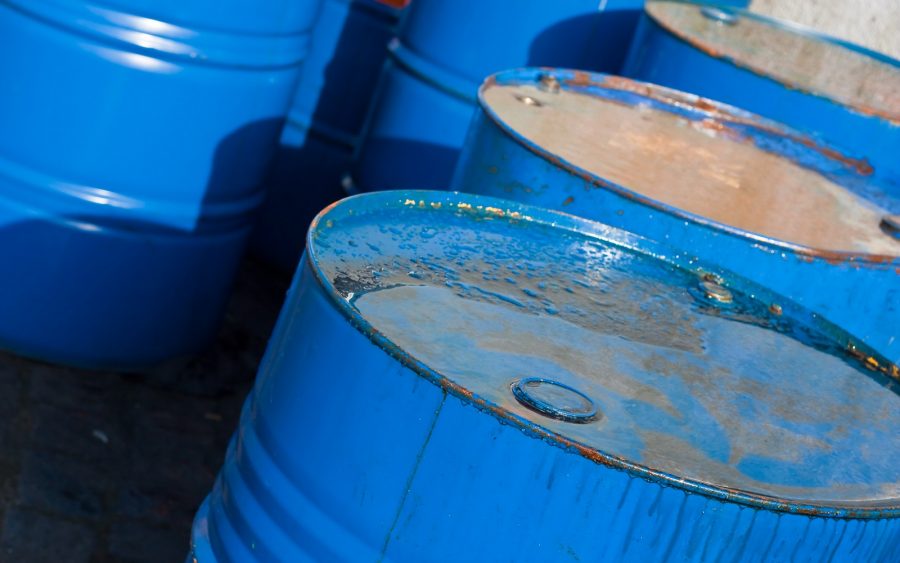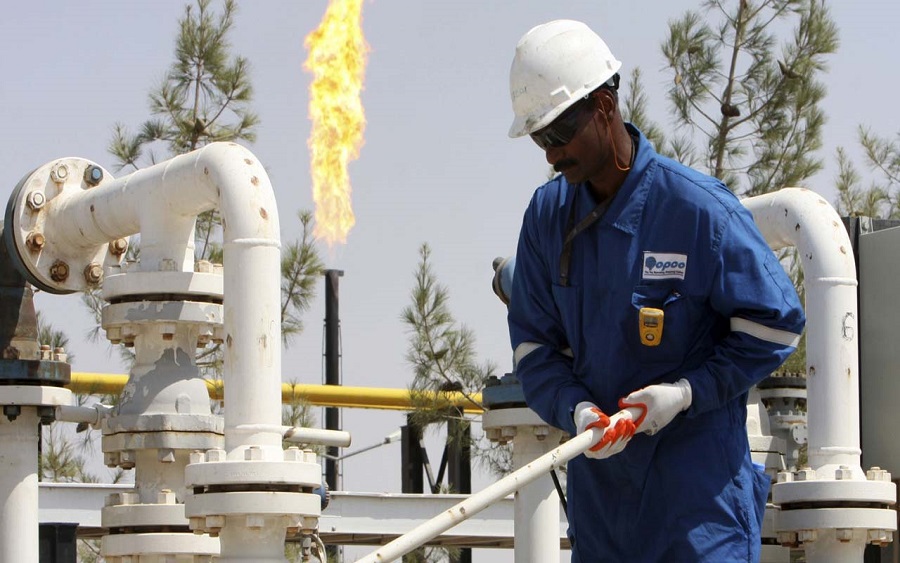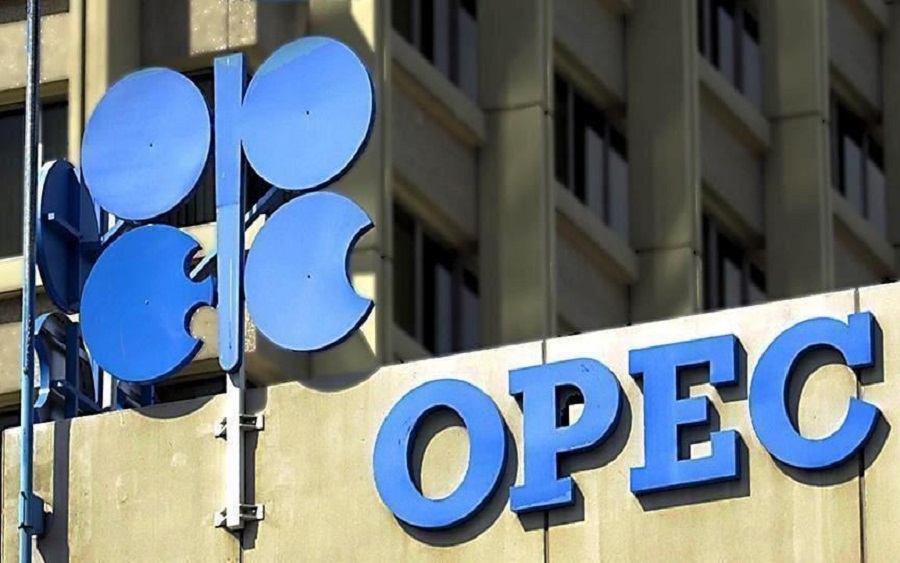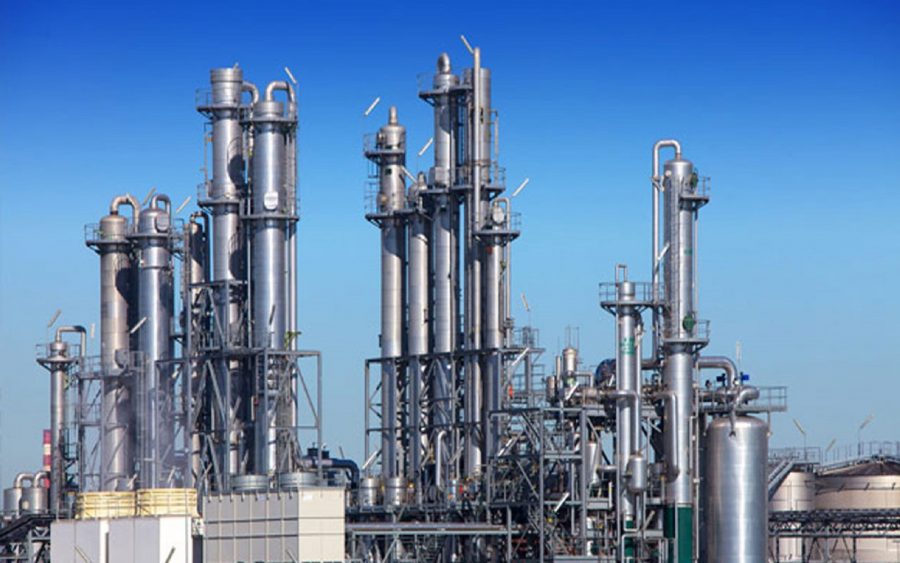A review of global crude prices on Oil Price late on Thursday, September 14, showed that Brent crude surged to $94 per barrel, driven by growing concerns over tight supply conditions.
This spike in oil prices comes in the wake of earlier reports highlighting the impact of oil production cuts in Saudi Arabia and Russia, which have contributed to the recent upward trajectory in oil prices over the past few weeks.
Remarkably, Brent crude has now reached its highest price point since the commencement of the year 2023.
Nairametrics previously reported that Saudi Arabia and Russia had made the decision to prolong their oil production cuts until the conclusion of the year 2023.
At the time of their initial announcement in July 2023, Brent crude was hovering around $76 per barrel.
It is noteworthy that the current price has surged significantly, with Brent crude now firmly maintaining its position at $94 per barrel, marking a remarkable and impressive leap in value.
Meanwhile, as of Friday, September 15, 4 AM (GMT+1), Brent crude was $94.31 per barrel.
Reuters reports that the price increase on Friday is based on the decision by China to cut banks’ cash reserve requirements to boost its economic recovery, as well as on expectations that major global interest rate hike cycles were nearing their end.
A game of tight supplies
As recently conveyed by Amena Bakr, the chief OPEC correspondent, via her Twitter account (X), the prevailing strategy in the oil industry revolves around the concept of maintaining tight inventories. Bakr emphasized that OPEC-plus policies are fundamentally driven by the imperative of exercising control over global oil inventories.
In her insights, she also highlighted that the voluntary production cuts agreed upon by Saudi Arabia and Russia will play a pivotal role in ensuring a constrained market situation leading up to the first quarter of 2024, a period when inventories traditionally tend to increase.
The Nigeria context
According to a recent report by Bloomberg, Tatonga Rusike, the sub-Saharan African Economist at Bank of America, has emphasized that Nigeria must significantly boost its oil production by approximately 300,000 to 400,000 barrels per day to attain President Bola Tinubu’s ambitious goal of achieving 6% economic growth starting next year.
However, several obstacles stand in the way of achieving this production increase, particularly with the recent uptick in Brent crude prices. Nigeria has struggled to capitalize on this favorable market condition.
One prominent challenge is the persistent issue of crude oil theft, which appears to be growing even more substantial despite concerted efforts by the government, security agencies, and external organizations like the Tompolo-led Tantita Security Group to combat it.
The insecurity of oil installations in the country could impact how investors view the viability of the Nigerian oil and gas sector.
President Tinubu has set lofty economic goals but without the oil sector recording significant progress by the first quarter of 2024, what becomes of those goals?
Bear in mind that the latest monthly oil market report (September 2023) from the Organization of Petroleum Exporting Countries (OPEC) stated that Nigeria’s non-oil sector – services, manufacturing, and agriculture had recorded significant growth in the second quarter of 2023, unlike the oil sector.





















